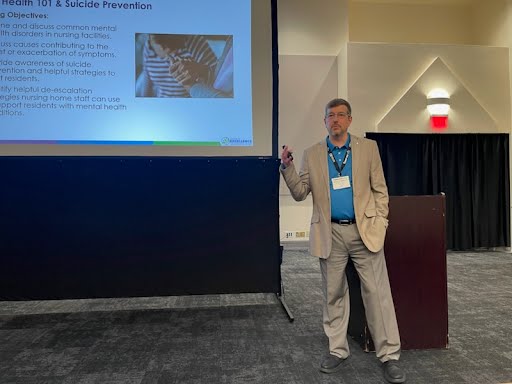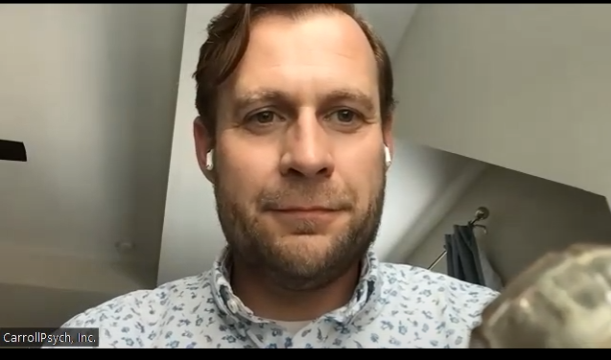Having Joy at Work: The Importance of Not Being Miserable for a Quarter of Your Life
For the purpose of this discussion let’s assume you work 48 weeks a year, at 40 hours a week, from ages 25-65, sleep less than 8 hours a night, and live to 75. You will have spent a full quarter of your conscious adult life working.
Chances are you are already working more than 40 hours a week, and still do not have enough time to get everything done. In the final analysis, no matter how you tweak the assumptions, you spend a significant portion of your life at work.
One of the great liberations of the modern age is that people do not have to labor 12 hours a day, trying to scrape life from the soil. In the 21st Century, people have the opportunity to specialize, to do something they love. Why then do we find people miserable doing the jobs for which they were trained?
I believe the answer is that we are still using a 19th Century model at work, treating people as interchangeable cogs. Everyone is expected to get the same results working in the same ways. Cogs are simply replaceable parts of the machine. It is easy to understand how anyone treated as an inanimate object rejects the experience. As humans we have feelings, thoughts, ambitions, and we do not want to be treated as a thing.
So, what are ways we can make a difference?
Good leaders understand employees are most effective and most engaged when they are able to use their talents and their strengths to meet their work goals. To do this, a leader must take the time to know their employees, strive to understand their individual strengths, and coach them on how they can use those strengths to get their jobs done.
As employees, we need to look at how we spend this quarter of our lives and examine what we think is causing us to be miserable or how we can be satisfied. Do we get to use our special talents at work? Can we say with confidence what we get paid to do? If you are working in an environment where you cannot answer those questions affirmatively, you are most likely going to be unhappy and unengaged; and if you cannot find a way to leverage your strengths at work, your status is unlikely to change.
So, we have dual challenges: Leaders need to promote a culture which focuses on the special talents of employees and how best they can use them to complete their work and feel good about it. Employees need to seek out opportunities that let them use their talents and feel fulfilled.
Unemployment is falling. As a leader you want the most qualified workers. But you have to do your part to keep them happy and productive by allowing them to leverage their strengths and reach their work goals. As an employee, if you find yourself in a miserable situation and know that your strengths and talents are not being utilized properly, now is the time to act.
Remember, we are talking about one-quarter of your life.
Bryan G. Stephens is an executive on a mission to transform the workplace. He is the founder and CEO of TalkForward, a consulting and training company, utilizing Bryan’s clinical and management expertise to develop managers and teams in a corporate environment. As a licensed therapist with strong understanding of developing human potential, he is dedicated to the development of Human Capital to meet the needs of leaders, managers, and employees in the 21st Century workplace.
Bryan has an Executive MBA from Kennesaw State University, Coles School of Business, and both a Master’s and Bachelor’s degree in Psychology.






